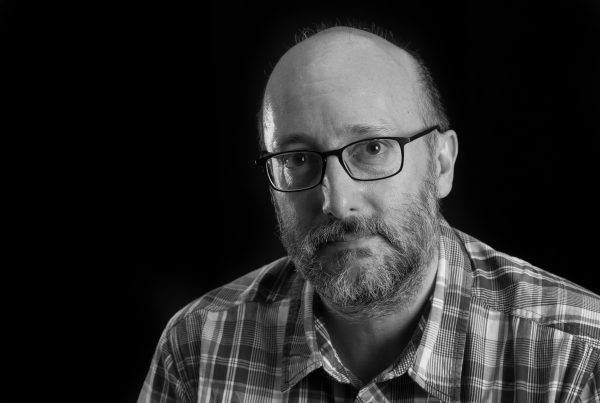I got my PhD at the University of Barcelona (UB, 1996) about individual differences in impulsiveness. Afterwards, I worked at the University of Magdeburg (Germany, 1999-2002) as a post-doctoral researcher. My main topics of research were bilingual language processing, executive functions and the brain correlates of error monitoring. In 2002, I got a "Ramón y Cajal" research position from the Spanish Government and afterwards I joined ICREA as a Research Professor. Since then, I have created a interdisciplinar research group (Cognition and Brain Plasticity Unit, CDBU), at ICREA-IDIBELL-UB devoted to the study of learning process and brain plasticity effects in healthy and brain damaged patients. The group is located at the Hospital of Bellvitge – IDIBELL biomedical institute. Our research is inherently interdisciplinary and requires expertise in interfacing research fields as brain plasticity, brain development and learning and memory mechanisms.
